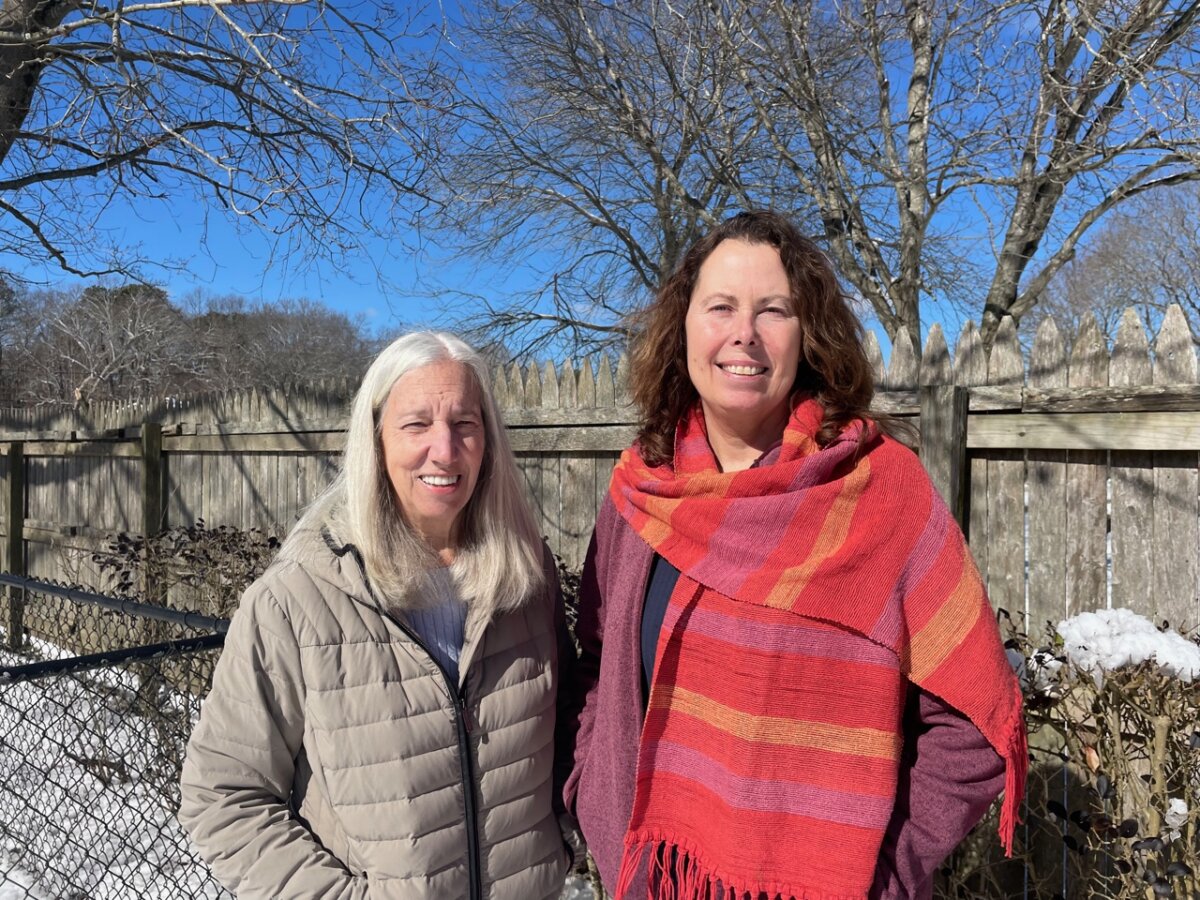Many parents, however they’ve personally been affected by the COVID-19 pandemic, are suffering from some form of emotional burnout.
The nation is heading into an uncertain autumn, with schools reopening but plenty of stress and anxiety lying ahead. We spoke with Dr. Marc Brackett, director of the Yale Center for Emotional Intelligence and member of New York City Mayor de Blasio’s 45-member Education Sector Advisory Council, for a check-in on how we can feel, understand, and manage our emotions, and those of our children.
Dr. Brackett is also the author of Permission to Feel, which features a system which has been adopted by schools across New York City, called RULER, a high-impact approach to understanding and mastering emotions.
How can we support our children’s emotional wellbeing during this pandemic, when we as parents might be struggling with our own? If you have the mindset that you have to be the role model for your child, it changes your attitude about your feelings. Some people have a mindset that their anxiety makes them weak. Other people say, “My anxiety is an experience that I’m having. It may not be pleasant, but it doesn’t have to take over my entire life.” What I try to do is teach parents how to shift their relationship with their stress and anxiety, to give themselves the permission to experience the anxiety, without allowing the anxiety to have power over them.
How much do you think it’s appropriate for parents to talk with our children about our emotions surrounding COVID? It all depends on what your face looks like, what your body language looks like, what your vocal tone looks like, and how you demonstrate your ability to regulate the feeling. So if I walk into my house and say, “I can’t take it anymore. I’m going to freak out. Oh my goodness, everybody’s going to die,” your kids are going to be off the wall. The more you catastrophize, it’s contagious.
Is it helpful or unhelpful for parents to share with our children when we are going through a difficult time emotionally? The most important thing is that when you’re communicating your feelings to your children, let them know that you are able to manage your feelings effectively and that you’re not looking for them to take care of you. We want to normalize that life is filled with positive and negative emotions. Otherwise what we tell them is that when there’s a crisis, we don’t talk about it. And so what kids grow up learning is that if they’re feeling fear and anxiety themselves, we suppress those feelings, which is the worst thing we can do for children’s healthy development.
For more insights from Dr. Marc Brackett, visit moodmeterapp.com to download the Mood Meter app to use with your children at home.
For the full version of this story, visit newyorkfamily.com
For more education coverage, visit longislandpress.com/category/education



























